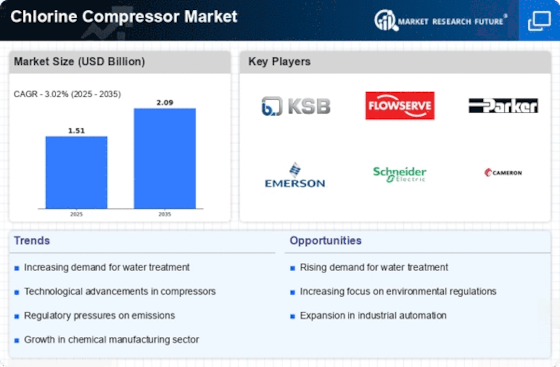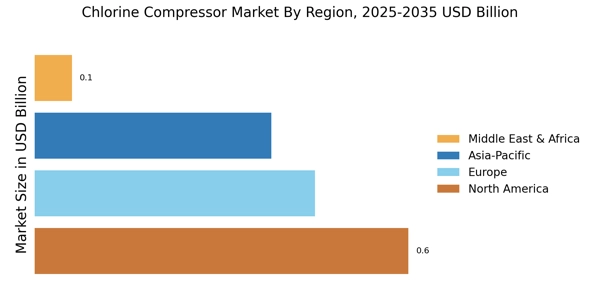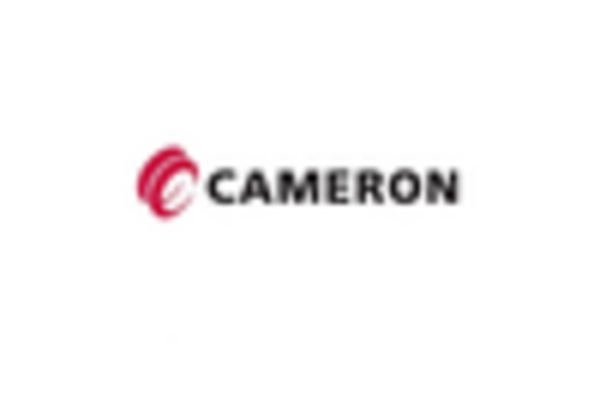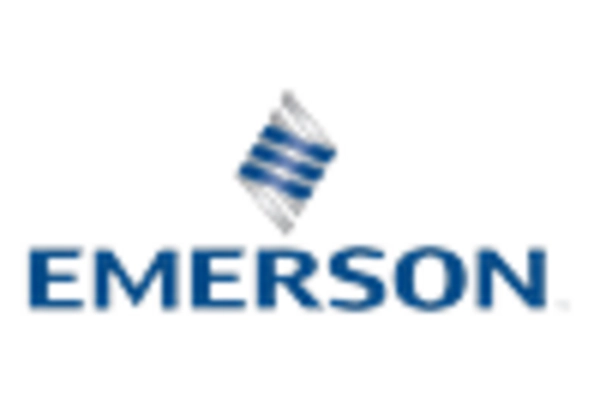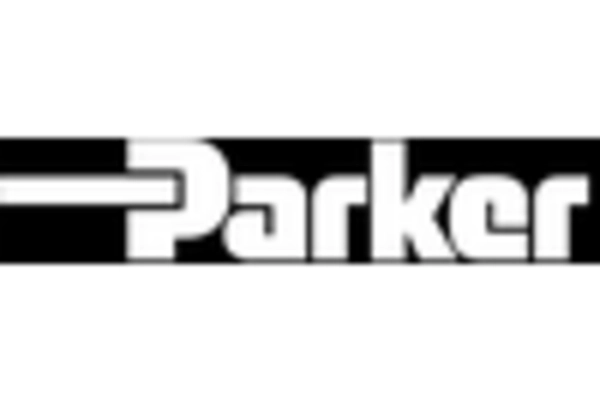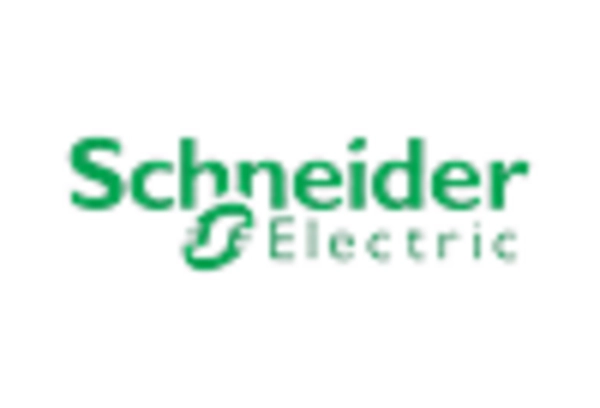Rising Environmental Regulations
The implementation of stringent environmental regulations is a notable driver for the Chlorine Compressor Market. Governments worldwide are increasingly focusing on reducing harmful emissions and ensuring safe chemical handling practices. Compliance with these regulations often necessitates the use of advanced chlorine compressors that minimize leaks and enhance safety. As industries strive to meet these regulatory requirements, the demand for reliable and efficient chlorine compressors is likely to increase. This trend indicates a growing market for innovative solutions that align with environmental standards, thereby benefiting the Chlorine Compressor Market.
Expansion of Chemical Manufacturing
The expansion of the chemical manufacturing sector significantly influences the Chlorine Compressor Market. As industries such as pharmaceuticals, agrochemicals, and plastics continue to grow, the demand for chlorine as a key raw material increases. Chlorine compressors are essential for the safe and efficient handling of chlorine gas in these processes. Recent statistics indicate that the chemical manufacturing industry is expected to witness a growth rate of around 5% annually, which could lead to a corresponding rise in the need for chlorine compressors. This trend suggests a robust market opportunity for manufacturers and suppliers within the Chlorine Compressor Market.
Growth in Swimming Pool and Spa Industry
The growth in the swimming pool and spa industry serves as a significant driver for the Chlorine Compressor Market. With an increasing number of residential and commercial pools being constructed, the demand for chlorine for water sanitation is on the rise. Chlorine compressors are essential for maintaining the appropriate chlorine levels in pool water, ensuring safety and hygiene for users. Recent market analysis suggests that the swimming pool industry is projected to grow at a rate of approximately 7% annually, which could lead to heightened demand for chlorine compressors. This trend indicates a promising opportunity for stakeholders in the Chlorine Compressor Market.
Technological Innovations in Compressor Design
Technological innovations in compressor design are transforming the Chlorine Compressor Market. Advances in materials and engineering have led to the development of more efficient and durable compressors. These innovations not only enhance performance but also reduce energy consumption, which is a critical factor for many industries. The introduction of smart technologies, such as IoT-enabled monitoring systems, allows for real-time performance tracking and maintenance, further driving efficiency. As industries seek to optimize operations and reduce costs, the demand for technologically advanced chlorine compressors is expected to rise, positively impacting the Chlorine Compressor Market.
Increasing Demand for Water Treatment Solutions
The rising need for effective water treatment solutions is a primary driver for the Chlorine Compressor Market. As urbanization accelerates, the demand for clean and safe drinking water intensifies. Chlorine compressors play a crucial role in the disinfection process, ensuring that water meets health standards. According to recent data, the water treatment sector is projected to grow at a compound annual growth rate of approximately 6% over the next few years. This growth is likely to bolster the Chlorine Compressor Market, as municipalities and industries seek reliable and efficient chlorine delivery systems to enhance water quality.


